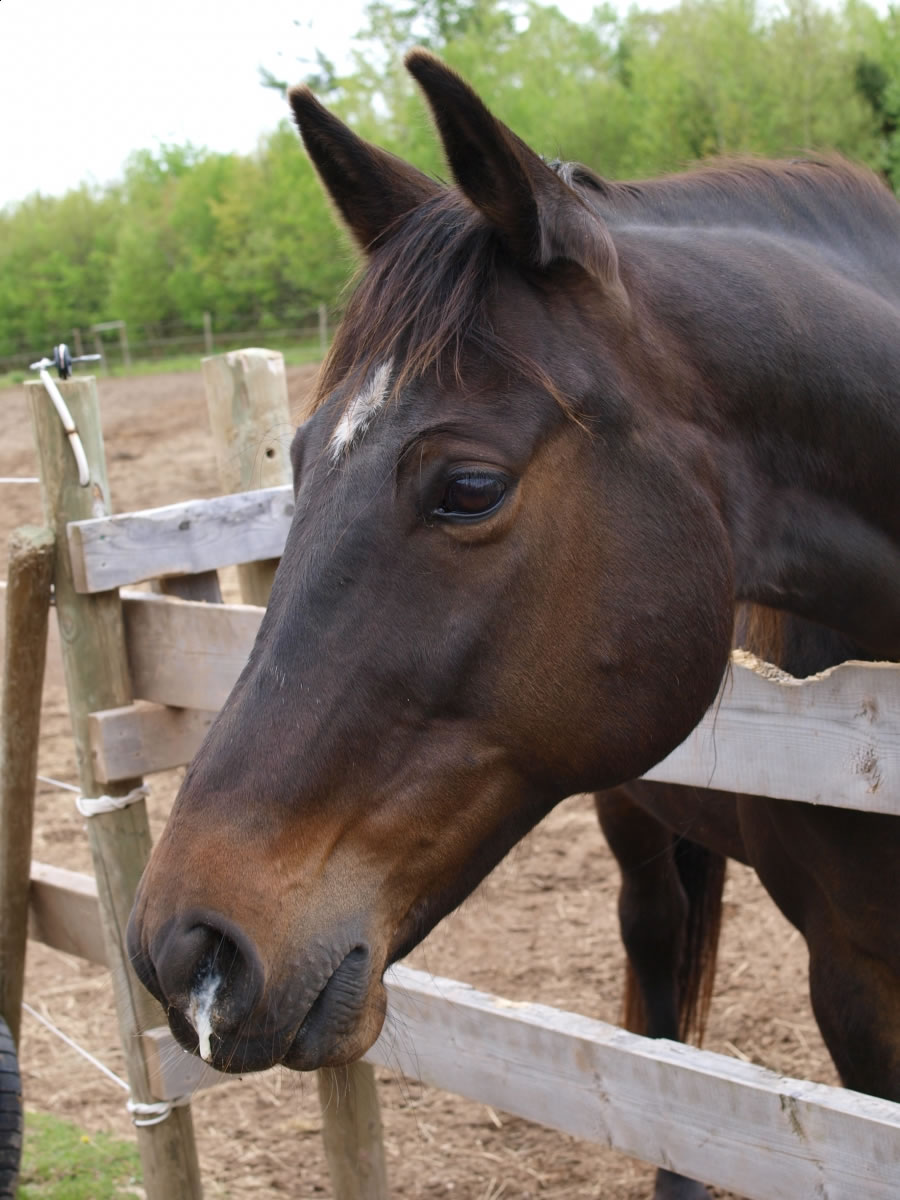Equine Herpes Virus: Symptoms & Treatments

There has been a recent outbreak of Equine Herpes Virus (EHV) in the UK. There are different types and severity the Equine Herpes Virus (EHV). EHV can cause horses respiratory problems as well as neurological problems, that in sever cases can lead to paralysis and abortion in pregnant mares.
Symptoms of Equine Herpes Virus (EHV)
- Increased temperature
- Coughing
- Nasal discharge
- Enlarged lymph nodes
- Decreased performance
- Lethargic
- Weakness in legs
- Lack of interest in food
- Neurological issues – uncoordinated movements, seizures, unable to stand
Causes of EHV
EHV is highly contagious and can spread quickly from horse to horse through the respiratory system. Horses can carry the virus without showing any signs of sickness. Humans can not catch the virus from horses.
Diagnosis of EHV
If a horse is showing signs of the virus then they should be immediate isolated, and the vet needs to be called in order to diagnose and treat the sick horse. Any horses that have come into contact with a horse that may be carrying the virus will also need to be seen by the vet. Blood tests and nasal swabs will be taken to confirm diagnosis.
It is recommended that no equine movement in or out of a yard with an outbreak for 28 days from the date that the last case was identified.
Treatment of EHV
The is no defined cure for EHV. The virus can lay dormant in the horse’s body and re-emerge at any time. Therefore, when an outbreak occurs it is vital that the horses are quarantined in order to contain the disease.
Horses suffering from EHV will be given antibiotics to help fight secondary infections that occur as the horse’s immune system deals with the viral infection. Anti-inflammatory drugs can also help to ease the horse, make them more comfortable and encourage the horse to eat and drink.
Prevention of EHV
A horse can be vaccinated against both forms of the EHV virus. These can help prevent against the respiratory effects of the virus however they are not registered against neurological problems and paralysis. There is also a vaccination that can guard against abortion in pregnant mares caused by the virus. Vaccinations must be administered annually or in higher risk horses can be every six months.
If you have any further questions then The Horse Exchange would advise that you contact your vet.

